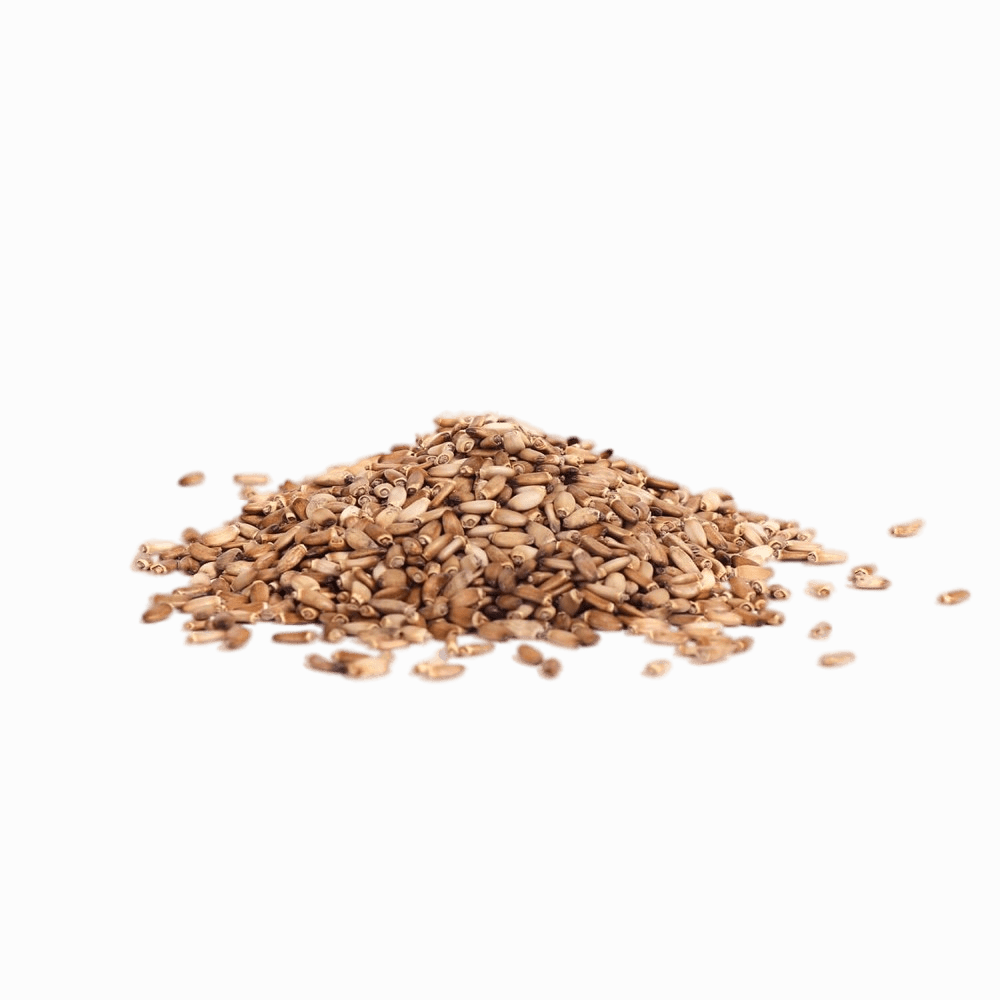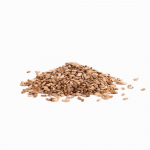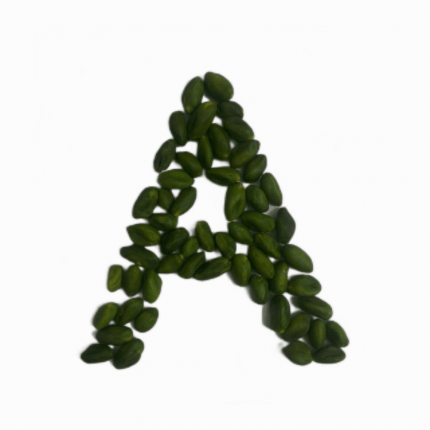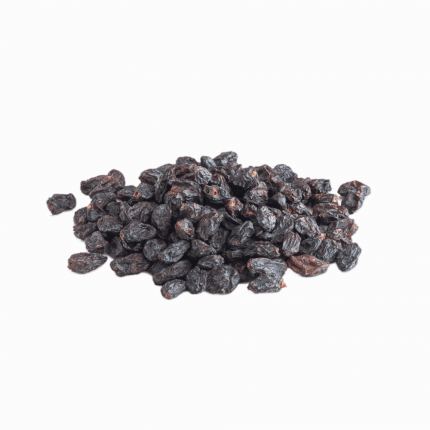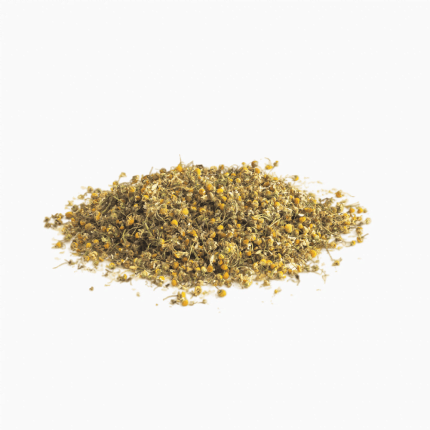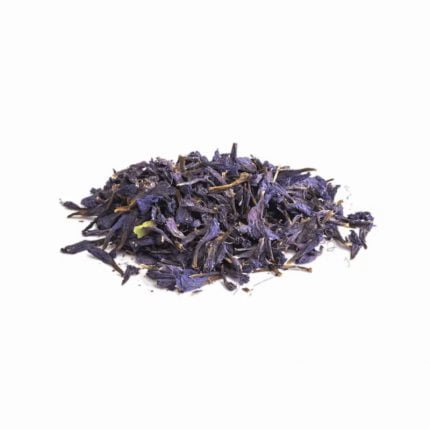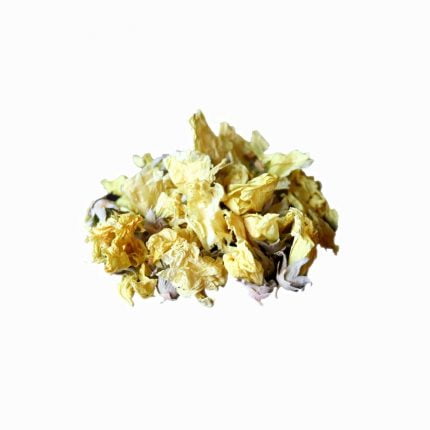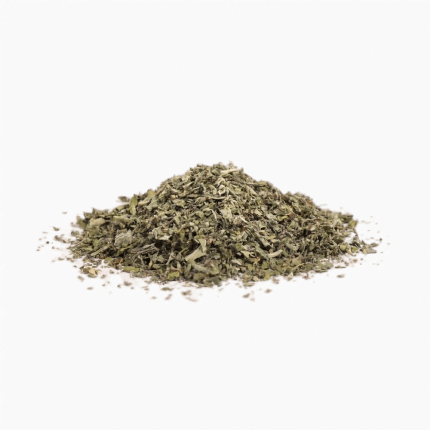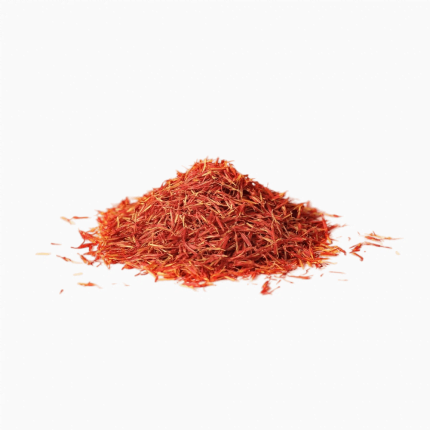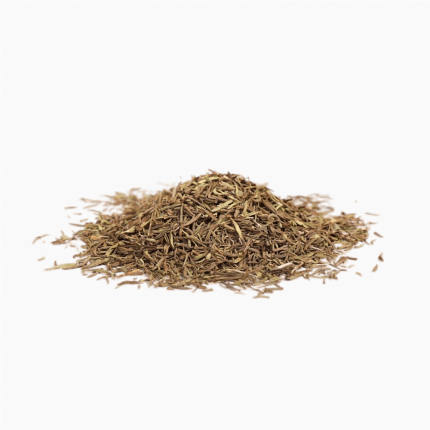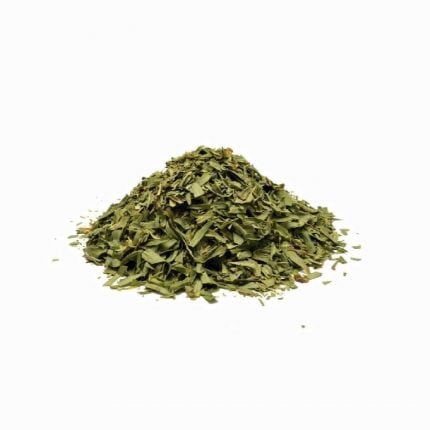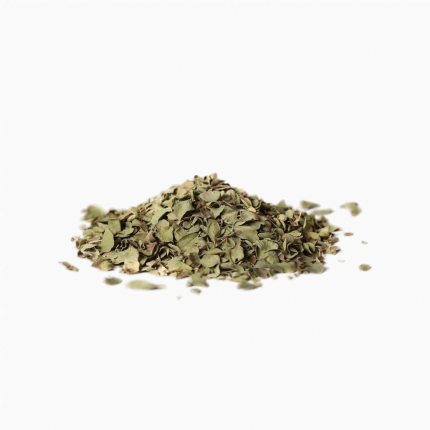Description
Milk thistle, also known as silybum marianum, is a flowering plant that belongs to the Asteraceae family. It is native to the Mediterranean region and has been widely distributed throughout Europe, North Africa, and the Middle East. The plant is also commonly known as Mary thistle, holy thistle, and lady’s thistle.
Milk thistle is an annual or biennial plant that can grow up to 2 meters in height, with a base that can sometimes spread up to 1.5 meters in diameter. The stem of the plant is grooved and somewhat cottony, and its leaves are oblong to lanceolate in shape, with spiny edges and milk-white veins.
The fruit of the milk thistle plant is made up of small, dry, one-seeded achenes that are black in color, with a simple long white pappus surrounded by a yellow basal ring. The seeds are the usable part of the plant and are commonly used for medicinal purposes.
The main producers of milk thistle are found in Europe and the United States, with Germany being the largest producer of the plant. Milk thistle is widely available in supplement form and can be consumed in tea, tincture, or capsule form. It is important to note that milk thistle can interact with certain medications, so it is always best to consult with a healthcare professional before adding it to your diet.
Bluemtal Bayern is a manufacturer, supplier, and bulk sales provider of Milk Thistle seeds as raw material. We also offer Milk Thistle extract with a minimum of 50% silymarin as a food supplement. Contact us for high-quality products.
Blumental Bayern GmbH is a company engaged in the manufacturing, wholesaling, bulk sales, and distribution of premium organic and conventional agricultural products and food ingredients. Our extensive range includes top-quality items such as Saffron Wholesale, Sumac Wholesale, Dried Fruits and Nuts Wholesale, Barberries Wholesale, Dried flowers Wholesale, Rose Wholesale, Calendula Wholesale, Mallow Wholesale, Citrus flowers (orange blossom) Wholesale, Dates Wholesale, Gums Wholesale, Essential oils and Syrups Wholesale, Spices Wholesale, Herbs Wholesale, and seeds Wholesale.
Product Data Sheet
For the latest data sheet and analysis please contact us
Please note that the specification sheet may not correspond to the current batch. For the most updated version, please contact us
Frequently Asked Questions
Contact us for any furthur questions
Milk thistle has garnered attention for its potential benefits. It contains compounds that may support skin, liver, and bone health, aid in weight loss, and potentially prevent insulin resistance. Additionally, milk thistle has been studied for its potential to slow the growth of cancer cells. Considering these potential advantages, milk thistle could be deemed a worthwhile supplement to explore.
Making milk thistle tea is a simple process that can be done at home. Milk thistle seeds are available in loose or ground form, as well as in tea bags. To prepare the tea, steep a tea bag or 1 teaspoon of loose tea in 1 cup (237 mL) of hot water for 5 to 10 minutes. If loose tea is used, strain the tea before consuming it. Enjoy the soothing and aromatic milk thistle tea prepared with ease
Milk thistle is native to western and central Europe as well as northern India. However, it has also naturalized in various regions worldwide. It can be found in southern Europe, Africa, India, China, Australia, South America, and many parts of North America. Milk thistle’s adaptability has allowed it to thrive in diverse locations beyond its native habitats.
A notable attribute of milk thistle is its ability, supported by scientific studies, to safeguard the liver from toxins, including specific drugs such as acetaminophen (Tylenol), which can cause liver damage when taken in excessive doses. This liver-protective effect is attributed to the presence of silymarin, a flavonoid found in milk thistle. This characteristic highlights milk thistle’s potential as a natural remedy for promoting liver health and counteracting the effects of harmful substances.
Milk thistle can be taken at any time of the day. It is generally recommended to take it with meals to enhance absorption and minimize the risk of gastrointestinal discomfort.

